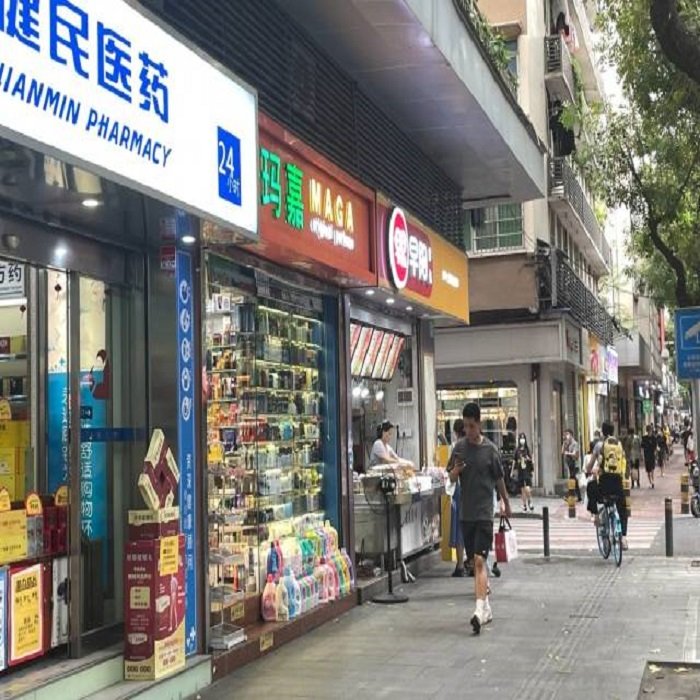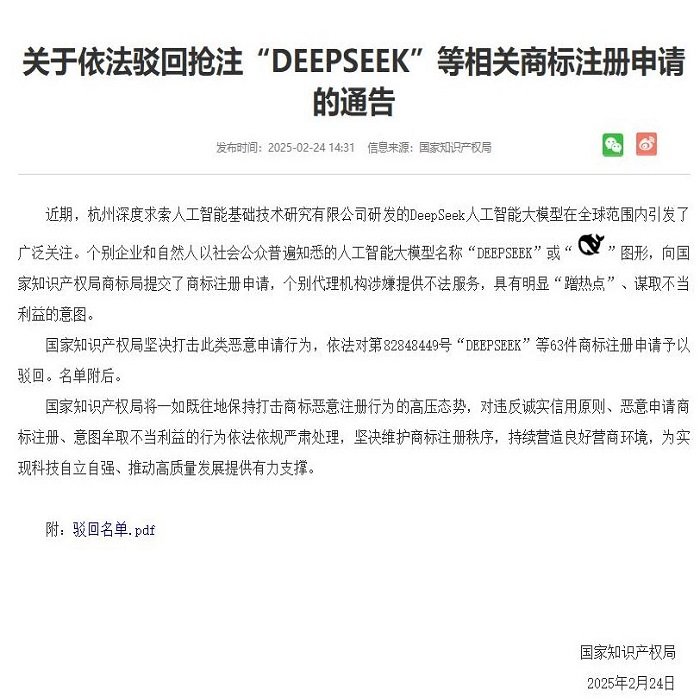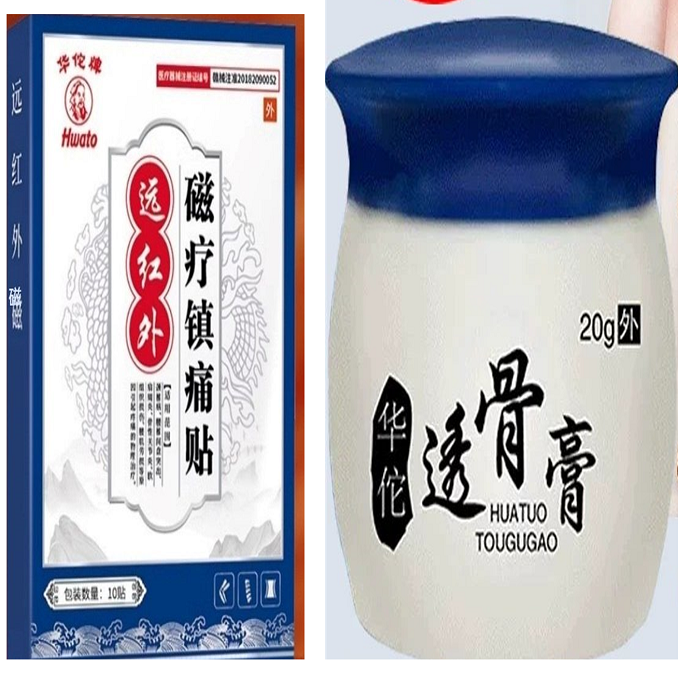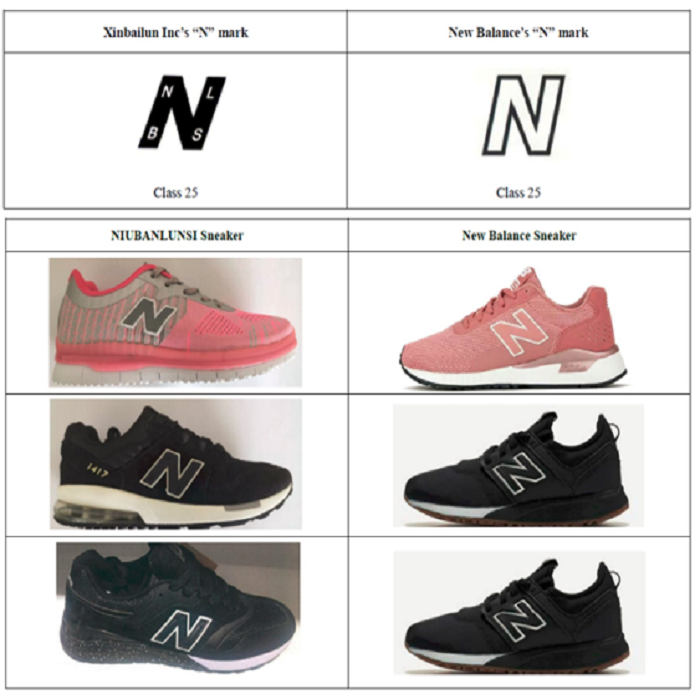Licensing Infringement vs Breach of Contract in China
Licensing agreements are a popular tool in this endeavor, allowing companies to grant others the right to use their intellectual property in exchange for royalties or other forms of compensation. However, when a licensee strays from the agreed-upon terms, the licensor can face substantial losses due to contract breaches and IP infringements. The fallout from these […]
Licensing Infringement vs Breach of Contract in China Read More »





